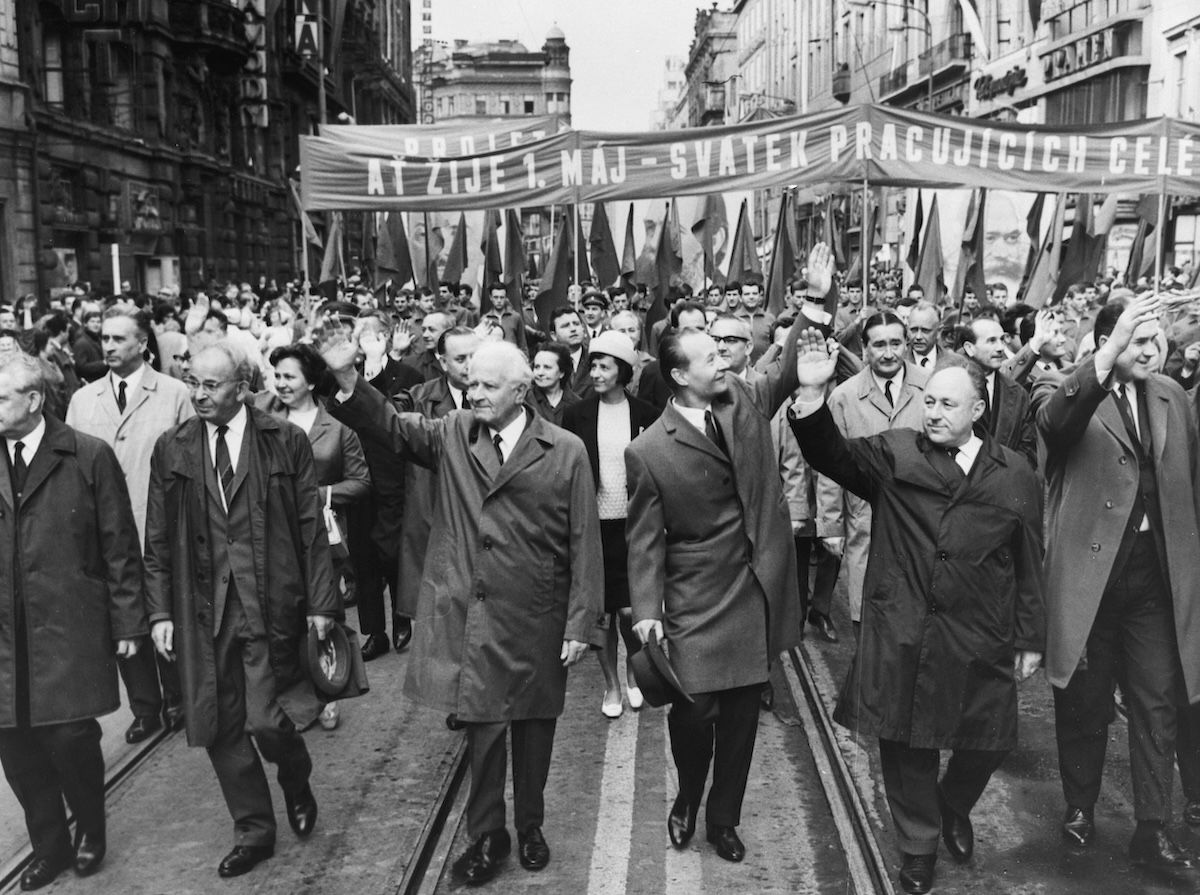Why the Prague Spring was Doomed to Failure
‘Socialism with a human face’ came head to head with the realities of Soviet communism during the Prague Spring of 1968.

The writer Milan Kundera made the world interested in the fate of Czechoslovakia. Scores of Westerners who did not learn about the events of the Prague Spring from school textbooks or mass media did recognise it as the historical backdrop to Kundera’s novels, The Unbearable Lightness of Being and The Book of Laughter and Forgetting.
In Kundera’s telling, the Prague Spring was ‘a brief flowering of openness behind the Iron Curtain’. After many years of slow, slogging liberalisation following the death of Stalin, Alexander Dubček, the head of the Communist Party of Czechoslovakia, took the country towards the much beloved and often romanticised idea of ‘socialism with a human face’.
This reformed version of state socialism had many manifestations. Censorship had been abolished, as had travel restrictions for ordinary citizens. Civil society began to flourish once again and the state began to roll out a series of political and economic reforms to accompany the societal changes. Parliament no longer voted unanimously, the Slovaks saw greater federalisation and a movement began to restore the Social Democratic Party.
